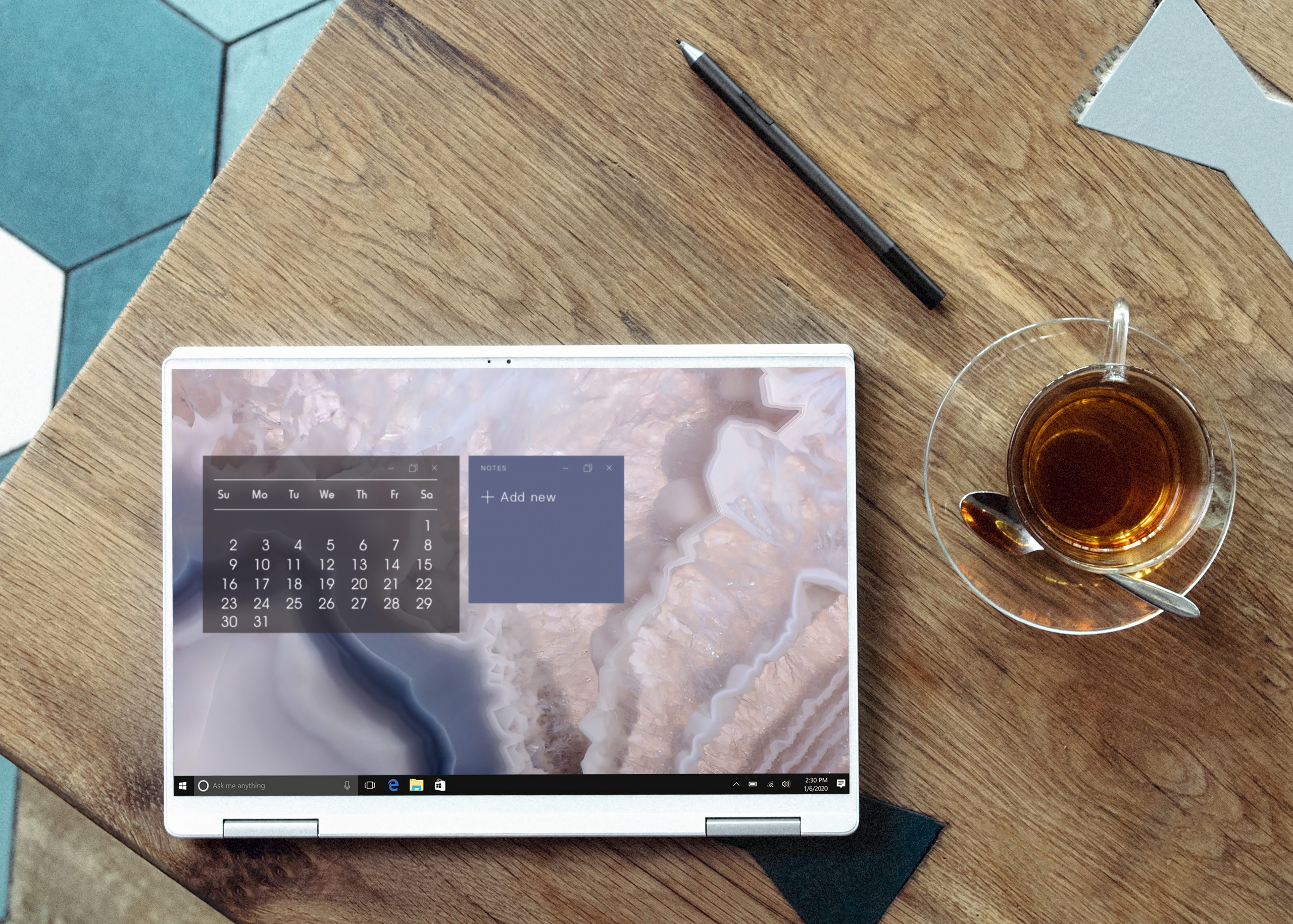A lot has changed in the last three months. At the beginning of March, just 11% of businesses stated that their workforce was able to work entirely remotely, after 23rd March, when lockdown was officially announced, 70% of British companies moved their workforce to working from home in less than a week. Indeed, 53% of that 70% transitioned in fewer than 48 hours. 100days later, this dramatic shift, depending on where you stand, has largely proven or dispelled many of the theories surrounding working from home, productivity and work/life balance.
On Productivity
For those who have long argued for change in our working patterns and behaviours, lockdownhas undoubtedly been the largest controlled, socio and economic-behavioural experiment ever. A common refrain when discussing shifting to a flexible working pattern has been either that ‘it works in principle but not in practice’ or ‘it may work for them, but it won’t work for us’. Now with everyone from lawyers and journalists to retailers and consultants all undertaking this experiment together, we have had the opportunity to see where this policy works and where it doesn’t.
A key sticking point BC (before Covid), revolved around productivity and the proposed lack of it when you’re in pyjamas instead of a pinstripe. But as one survey, of 2,000 global firms and 5,000 professionals, found at least a third of them productivity had increased – with less commuting time and fewer distractions top contributing factors. For some companies, such as Twitter, the experiment has been so successful that they have said their employees can work from home ‘forever’. Lockdown has proven that the ‘presence culture’ that so many firms held on to is not indicative of productive work.
One of the biggest issues of lockdown has been that it has been a zero-sum game. We have to work from home, we cannot work from the office – there has been no in-between. But this is not a reflection of normal circumstances and so we should remember that we can have a balance between being in our offices, working from home and enjoying the flexibility that this choice provides.
On Mental Health
There are some for whom this period has been a welcome release from the pressures of everyday working life with employers slowly shedding a culture of presence. But for others, particularly younger people, this period has been one of extreme loneliness. This disparity highlights how for many of us the last 100 days has been either a curse or a godsend for our mental health; showing just how differently we each individually react and internalise our situation and surroundings.
With the financial impact of poor mental health to the UK economy alone is £94bn every year, making it in everybody’s best interests to foster an environment where these types of discussions can take place openly. And many of the ways companies and businesses have kept their employees upbeat have been a real pleasure to behold. It’s highly likely that many different groups ofemployees with different health conditions may need assistance getting back to the office when the time comes, so employers should be thinking and planning for that now.







